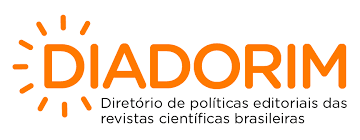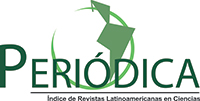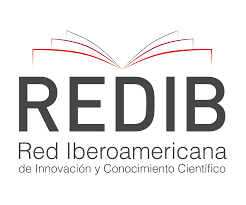SEXUALLY TRANSMITED DISEASES: TO PRESERVE THE HUSBAND’S CONFIDENTIALITY OR TO PROTECT WOMAN’S HEALTH?
DOI:
https://doi.org/10.5380/ce.v14i3.16175Keywords:
Bioética, Privacidade, Comunicação sigilosa, Ética profissional, Doenças sexualmente transmissíveis, Bioethics, Privacy, Confidentiality, Ethics, professional, Sexually transmitted diseasesAbstract
To maintain the privacy and confidentiality of patients is a critical issue for ethics. We developed an exploratory,
quantitative and qualitative study with potential users of the Unique Health System to identify how they expect that health
personnel would behave when one of the heterosexual partner has syphilis. Subjects were employees of a public University.
Data collection was developed through an anonymous and self reported questionnaire, with questions about how the health
professional should behave when a husband with syphilis doesn’t want his wife to know about the disease and ask the health
team to get her examined without knowing about his problem. As results, interviewees expect the maintenance of confidentiality,
leaving the husband in charge of telling his wife the truth. Health professionals are seen as a mediator of the situation, of
whom they expect orientation and support in the revelation of health problems. To know what the patients expect from health
professionals could help nurses to deal with ethical situations that might be a problem among the issues of sexual health.
Downloads
How to Cite
Issue
Section
License
Cogitare Enfermagem reserves the right to make normative, orthographic, and grammatical changes to the published article to maintain the cultured standard of the language, while respecting the authors' style.
The published study is the sole responsibility of the author(s), and Cogitare Enfermagem is exclusively responsible for evaluating the manuscript as a scientific publication vehicle. Revista Cogitare Enfermagem is not responsible for any violations of Law No. 9,610/1998, the Brazilian Copyright Law.
Cogitare Enfermagem allows the author to hold the copyright of articles accepted for publication, without restrictions.
The articles published are licensed under the Creative Commons license CC BY 4.0 Creative Commons - Attribution 4.0 International - CC BY 4.0 - The attribution adopted by Cogitare Enfermagem is permitted:
- Share - copy and redistribute the material in any media or format.
- Adapt - remix, transform and build upon the material for any purpose, even commercially.
- Attribution - You must give proper credit, provide a link to the license, and indicate if changes have been made. You may do this in any reasonable way, but not in a way that suggests that the licensor endorses it or approves of its use.
- No additional restrictions - You may not apply legal terms or technological measures that legally restrict others from doing something that the license allows.





















